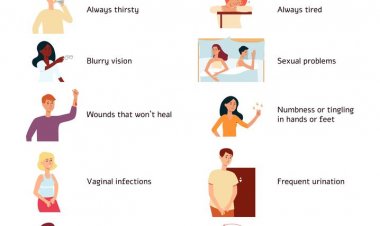What is Diabetes?
Diabetes, also referred to as diabetes mellitus, is a group of diseases that is caused when a person has high blood glucose or blood sugar levels.
Diabetes, also referred to as diabetes mellitus, is a group of diseases that is caused when a person has high blood glucose or blood sugar levels. This could be either because insulin production in the body is not sufficient, or the body fails to respond to the insulin adequately.
Blood glucose is the most important source of energy in all organisms of our body. It comes from the food we eat. So, when we absorb food, primarily carbohydrate, part of it turns into glucose. Then insulin, a hormone made by the pancreas (and more recently discovered also in the brain), helps glucose from food get into our cells to be used as our main source of energy.
More specifically, carbohydrates and proteins when digested are broken down and turned into sugar or glucose which our cells use as fuel. During digestion, the liver releases insulin into the blood stream to send the glucose out of the blood and into the cells of the body. This is what gives you energy to get into our daily life.
The problem with people with diabetes is that their body doesn’t make enough, or does not make any insulin, or doesn’t use insulin well. When that occurs, glucose is accumulated in the blood and doesn’t reach their cells. The long-term effect of the accumulated glucose in the blood can cause serious diseases if not treated.
















